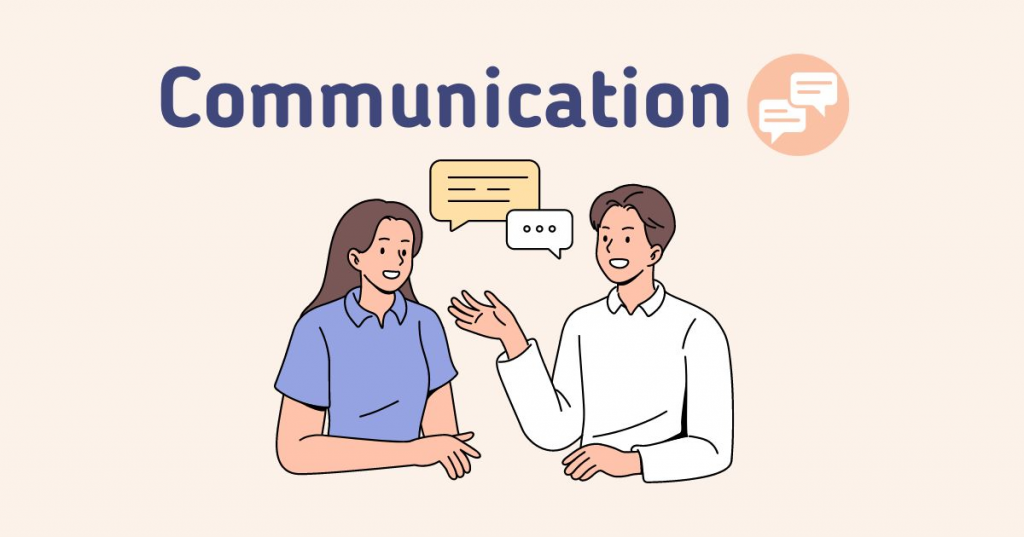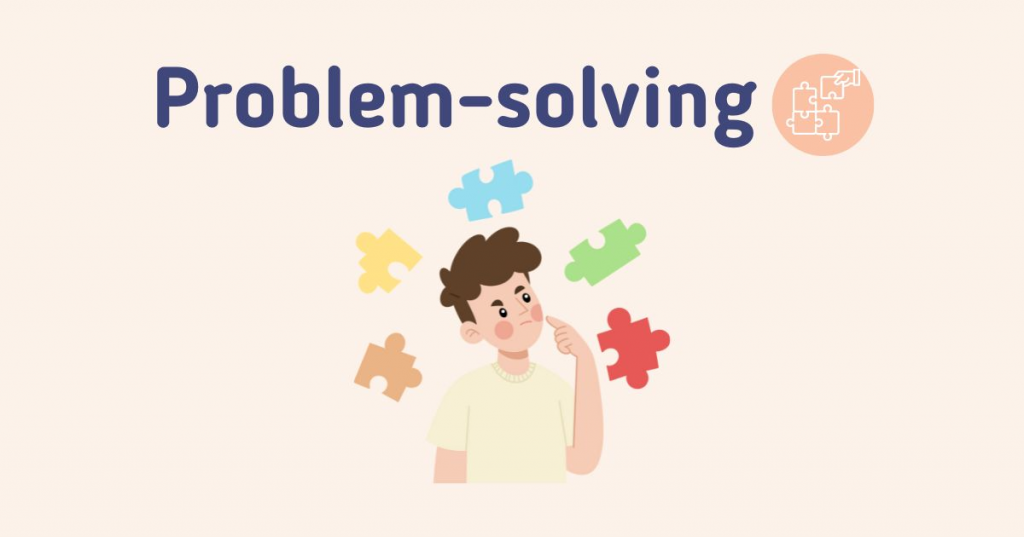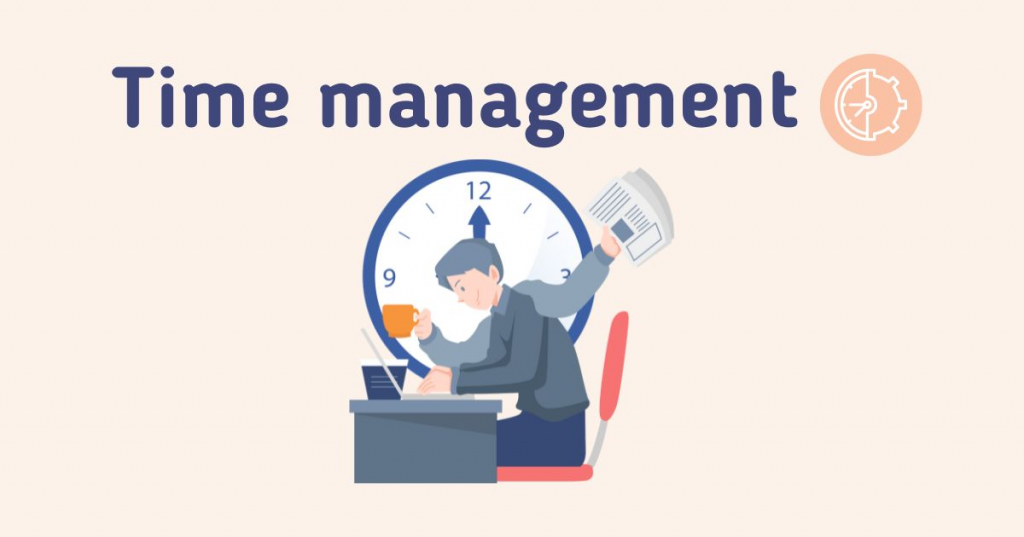What Are Soft Skills & Why Are Soft Skills Important?
Soft skills are an important factor in life and work. In research by Harvard University, along with the Carnegie Foundation and Stanford Research Center, they discovered that 85% of success at work comes from being good with people and having soft skills. Only 15% of success comes from technical skills and knowledge.
In this article, SkillTrans will help you better understand soft skills, including the definition, why soft skills are important, and the most important soft skills you need to have.
What Are Soft Skills?

Soft skills, also known as people skills or interpersonal skills, are the personal attributes and abilities that enable you to interact effectively with others. They encompass a wide range of traits and behaviors.
Unlike hard skills, which focus on specific, technical knowledge and abilities related to your job or occupation.
Here are some key examples of soft skills:
Communication: Being able to clearly and effectively express yourself, both verbally and in writing, and actively listen to others.
Teamwork: Collaborating effectively with others towards a common goal.
Problem-solving: identifying and resolving issues or challenges in a constructive and efficient manner.
Adaptability: Being able to adjust to new situations, changes, and unforeseen circumstances.
Time management: prioritizing tasks effectively and managing your time efficiently.
Leadership: inspiring and motivating others to achieve a shared vision.
Critical thinking: Analyzing information objectively and forming sound judgments.
Empathy: The ability to understand and share the feelings of others.
To better understand why soft skills matter and learn the most important soft skills, keep reading.
Why Are Soft Skills Important?
Soft skills are crucial for success in both your personal and professional life. They are highly sought-after by employers across various industries and job positions. Here's why they hold such significant value:
Enhanced communication and collaboration: Strong communication and collaboration skills foster smooth and productive interactions between individuals and teams, leading to improved efficiency and project success.
Stronger relationships and networking: Effective interpersonal skills allow you to build positive relationships, gain trust, and collaborate effectively with colleagues, clients, and other individuals.
Improved problem-solving and adaptability: Soft skills equip you to navigate challenges, adapt to changing circumstances, and find solutions to complex issues.
Increased self-awareness and emotional intelligence: By understanding your own emotions and those of others, you can manage your own behavior and interact with others in a productive and positive manner.
To sum it up, soft skills are really important in both personal and work life. They help with talking and working well with others, building good relationships, and solving problems. Soft skills also make it easier to handle changes and understand emotions better.
Difference Between Soft Skills And Hard Skills
The key distinction between soft skills and hard skills lies in their nature and acquisition:
Softer to quantify: Soft skills are subjective and harder to measure precisely compared to hard skills, which are often assessed through tests, certifications, or previous work experience.
Developed over time: Soft skills are generally developed and honed through experience, practice, and self-reflection, while hard skills are often acquired through specific training or education.
Applicable across various fields: Many soft skills are transferable and can be applied in diverse job roles and personal situations, unlike hard skills that are often specific to a particular occupation or industry.
Thus, the importance of soft skills can be seen most clearly in that they apply in all occupations and fields. This has also been proven in the research we mentioned at the beginning of the article.
Important Soft Skills You Need to Have
While the specific soft skills relevant to you will depend on your unique career path and aspirations, some essential skills hold value across various fields:
Communication

Soft skill communication refers to the ability to effectively convey information and ideas through various channels, both verbally and nonverbally, while fostering positive interactions with others. It encompasses various aspects like:
Clarity and conciseness: Speak in a way that is easy to understand and not too complicated.
Active listening: Pay close attention to what others are saying, both in words and how they express themselves, so you really get their message.
Empathy: Think about how others feel and see things, so you can understand them better and communicate well.
Nonverbal communication: Use your body language, tone of voice, and facial expressions to support what you say.
Adaptability: Change how you communicate based on who you're talking to and the situation, so your message is clear and effective.
Example. As a project manager leading a team meeting, explaining a complicated technical issue can be made easier by using soft communication skills:
Clarity and conciseness: Break down technical terms into simpler language and use clear visualizations or comparisons to help everyone understand.
Active listening: Listen carefully to the team's questions and concerns. Address any confusion before moving on.
Empathy: Understand that the topic might be challenging for some. Offer extra support to those who need it.
Nonverbal communication: Keep eye contact, use positive body language, and appear confident and approachable.
Adaptability: Customize your explanation based on the team members' different levels of understanding. Use examples or explanations that relate to their expertise.
In short, using soft communication skills is really important in various aspects of life, whether it is forming strong personal relationships or succeeding at work. But that's not enough. Let's learn the definition and example of an equally important skill, teamwork.
Teamwork
Teamwork is a really important soft skill that helps people work well together to achieve common goals. It involves using communication skills to smoothly interact and share a sense of purpose. Here are some important parts of teamwork:
Communication: It's important to communicate well, both verbally and non-verbally, to share ideas, give feedback, and make sure everyone understands.
Collaboration: Working together, sharing resources, and supporting each other is key to achieving team goals.
Conflict resolution: It is important to resolve disagreements in a positive way and find solutions that benefit the entire team.
Respect: Treating each other with respect, valuing different perspectives, and creating a positive work environment are essential for trust and cooperation.
Accountability: Taking responsibility for one's own tasks, being trustworthy, and holding everyone accountable for the team's success are important aspects of teamwork.
Example. A group of students had a project to create and present a marketing campaign for a local charity. Teamwork in action:
Communication: The team openly discusses ideas, shares research results, and provides helpful feedback on proposed strategies.
Collaboration: Different members focus on specific parts of the campaign, like research, design, and presentation. They ensure that their efforts are well coordinated.
Conflict resolution: If there are disagreements about design or content, the team will talk openly about them and find a solution that includes everyone's best ideas.
Respect: Team members appreciate each other's strengths, recognize diverse perspectives, and keep the atmosphere positive and supportive.
Accountability: Each student is responsible for his or her own tasks, meeting deadlines, and contributing to the success of the group.
This example shows how teamwork skills, like communication and collaboration, are crucial not only in school projects but also in various settings like workplaces, volunteer organizations, and extracurricular activities. Developing these skills makes individuals valuable team members who can significantly contribute to shared goals.
Thus, we understand that communication and teamwork are two very important soft skills. However, the problem is, what if communication and teamwork do not bring results? At that time, we need the support of another extremely important soft skill, which is problem solving.
Problem-solving

Problem-solving is a really, really important soft skill. It means being good at identifying, analyzing, and solving problems effectively.
Problem-solving is a skill that can help you handle complicated situations and overcome obstacles. It involves being adaptable and resourceful in changing environments, making the right decisions even under pressure, and working well with others to find solutions.
It includes using other soft skills like:
Critical thinking: looking at information in a logical way to understand why a problem happened.
Research: collecting data and information that relates to the problem.
Creativity: Thinking in new and different ways to come up with innovative solutions.
Decision-making: considering different choices and picking the best way to solve the problem.
Communication: Clearly explaining the problem and the solution to others.
Example. A team working on a project faced a technical issue that stopped them from finishing an important task. So, the group sat down and figured out how to fix it:
Understand the problem: The team clearly defined the technical issue and how it affected the project.
Find out why it happened: They thought about possible reasons for the issue, looked at available resources, and asked experts if needed.
Come up with solutions: The team suggested different ways to solve the problem, thinking about if they could work and what might happen.
Decide on the best solution: They looked at each solution to see which one would work the best and chose that one.
Do it and keep an eye on it: The team put the chosen solution into action, watched how it was going, and adjusted if needed.
By using their problem-solving skills, the team got past the technical problem and made sure the project succeeded. This is just one example, and the steps might change depending on the situation. But the main ideas of understanding, figuring out, and fixing the problem stay the same.
However, to be able to solve problems effectively, we need change, or adaptation. Because we cannot expect better results without changing the way we do things. Let's learn about the next important soft skill, adaptability.
Adaptability
Adaptability is a key soft skill. It's about being flexible, open-minded, and ready to learn new things, making it easier to handle changes effectively. It encompasses your ability to:
Embrace new situations and challenges.
Learn quickly and apply new knowledge.
Maintain a positive and productive attitude in the face of change.
Be flexible in your approach to tasks and goals.
Example. Think of a leader in charge of a marketing team. They've planned a social media campaign for a new product, but right before the launch, a rival releases a similar product with unexpected features. An adaptable leader wouldn't get stressed. Instead, they would:
Bring the team together to think of new ideas.
Swiftly change the campaign strategy to deal with the competitor's product.
Stay calm and positive, encouraging the team to adjust to the new situation.
By showing adaptability, the leader makes sure the team can still reach its goals despite the surprise change, highlighting their ability to be flexible and resilient.
Finally, another important soft skill that affects all others is time management skills. There are only 24 hours in a day and we can only work for a certain amount of time. Time management skills help us apply other skills appropriately and not get overwhelmed.
Time management

Time management is a soft skill, which means it's a personal quality contributing to success in both professional and personal aspects. It involves prioritizing tasks, meeting deadlines, and using time effectively.
Here are some benefits of having strong time management as a soft skill:
Increased productivity and efficiency.
Feel less stressed and anxious.
Achieve a better balance between work and personal life.
Reach your goals more easily.
Be more reliable and professional.
You can start practicing time management by making a schedule. If you are a student, your schedule should revolve around your class schedule. If you are an office worker, you can schedule before and after work to achieve your long-term goals.
You can use personal time management software and project management software (with the option to set completion time for each task). After using time management software, you will be able to manage your time more effectively.
Discover more about soft skill topics through Skilltrans’s recommended courses. Please click on the course name below to learn more:
Confidence: Techniques for Personal Impact
Welcome to your guide to building an unforgettable presence and energy in professional and personal situations. Led by renowned expert Zara Mandalia, this course empowers you to become a standout individual who effortlessly commands attention and leaves a lasting impression.
Through a structured process, you'll explore three learnable "superpowers" – Self-Awareness, Understanding Others, and Mental Resilience – which combine to form the acronym IMPACT. These powers are your roadmap to transformative change, helping you harness your inner energy and project it outward to captivate everyone you encounter. You'll also gain insights into your individual strengths, and learn how to navigate the spectrum between introversion and extroversion. Zara empowers you to maximise the impact your life makes, and leverage your unique qualities for maximum effect.
Team Building: Overcome Obstacles And Build Team Resilience
This course is designed to equip teams with the skills, strategies, and mindset needed to navigate challenges and thrive in the workplace.
Resilience is essential for individuals and teams to adapt, overcome obstacles, and achieve their goals. This course provides a comprehensive framework for building resilience collectively as a team, fostering a positive and supportive work culture where everyone can thrive.
Soft skills for life & work: develop yourself for success
This course is a practical action oriented course designed to give you the tools, tips and strategies to develop your soft skills for personal development and success in your life and at work, with over 100 practical tips & strategies.
This course aims to give you an insight into the essential soft skills and how you can use these, as well as to look at your own soft skills and identify the areas where you want to improve. The course will also give you a wealth of soft skills tools, tips and strategies to use for personal development and success in your life and at work.
Final Thoughts
To sum up, investing time and effort into developing your soft skills is vital for both personal and professional growth. When you consistently improve these essential abilities, you set yourself up to handle life's challenges, form meaningful connections, and succeed in your chosen journey.



